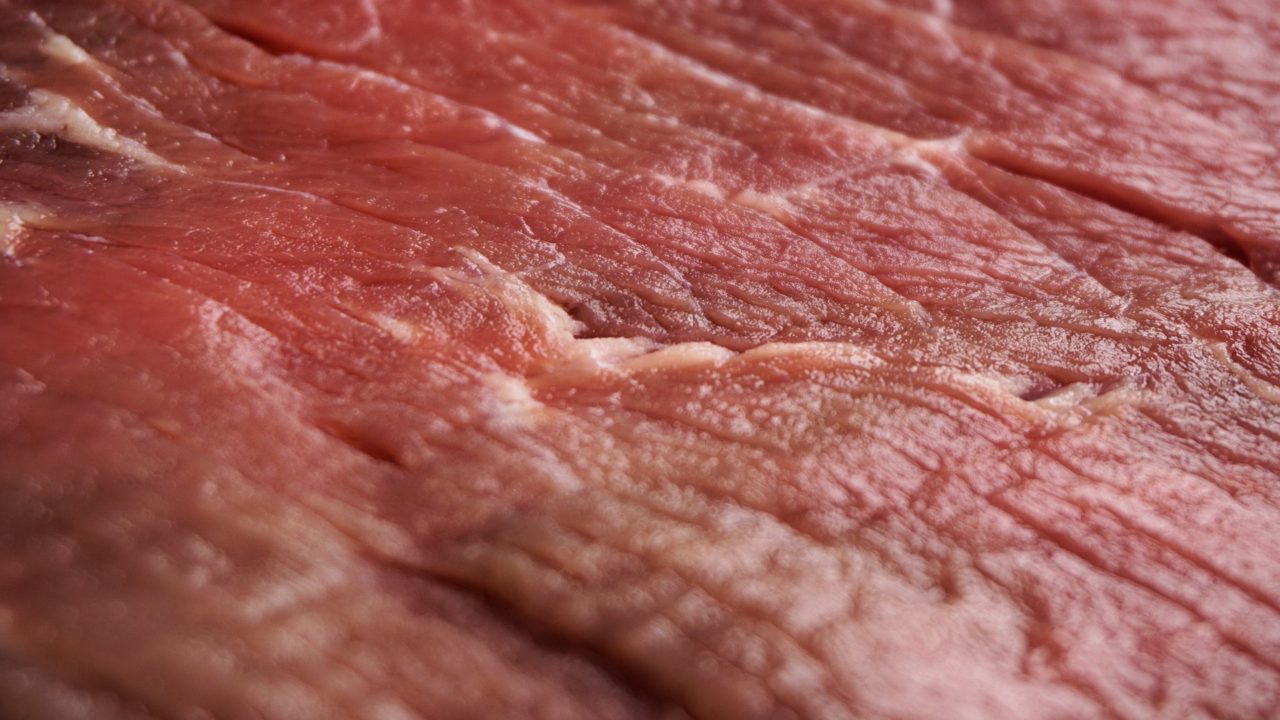Questions still remain unanswered about the evidence used to determine the health risks associated with eating red meat, according to an lrish academic.
Prof. Alice Stanton from the Royal College of Surgeons in Ireland (RCSI) discussed the Global Burden of Disease (GBD) Risk Factors Study 2019 during her presentation at the Global Agenda for Sustainable Livestock (GASL) meeting in Dublin today (Monday, October 3).
The study, published in 2020 in the Lancet medical journal, linked a high red-meat diet to 896,000 deaths and 23.9 million disability adjusted life-years.
Prof. Stanton said that the 2017 version of the GBD report attributed 25,000 deaths to excessive red meat consumption.
“This was increased without providing any evidence to almost 900,000 deaths in the 2019 analysis. That’s a 36 fold change.”
The report is “one the most influential” in the world today having been referenced by the Food and Agricultural Organisation (FAO), the United Nations (UN), the World Health Organisation (WHO), the European Commission, among others.
In February 2021, the Lancet published a letter by six scientists, including Prof. Stanton, calling on the authors of the 2019 GBD report to make the evidence they used for the findings available.
“After considerable delays, we did get written answers from the authors of the Global Burden Disease collaboration. They have admitted multiple errors. They’ve said we’ll do better in our next report. That’s not good enough,” Stanton said.
She said that the Lancet guidelines require “immediate correction of errors”.

Prof. Stanton reiterated her call on the GBD authors to “produce transparent and accurate evidence underlying their reports”.
“They still haven’t answered our questions. They haven’t provided any of the evidence for their changed estimates for red meat or for any of the other dietary risk factors.
“And they have made it clear that they don’t intend to include the totality of nutritional effects of red meat,” she added.
Stanton, who is also a director of human health at Devenish Nutrition, noted that both the Academy of Nutrition Sciences and the World Cancer Research Fund have supported the call for further clarification from GBD.
“Yes, there is low certainty evidence with very excessive red meat consumption that there may be an increase in heart attacks, strokes, diabetes mellitus and colon cancer. But none of us are advocating excessive intakes – moderation.
“The majority of the world’s population are not eating enough dairy nor Omega-3 rich foods.
“If we replace nutrient rich animal source foods with ultra-processed plant alternatives, human health will be endangered and it’s the young, women, the elderly, and those of low income which will be most affected.
“Policymakers should be extremely wary of global health estimates that are not rigorously and transparently evidence based and that ignore the protections against nutritional deficiencies afforded by animal source foods,” Stanton concluded.
